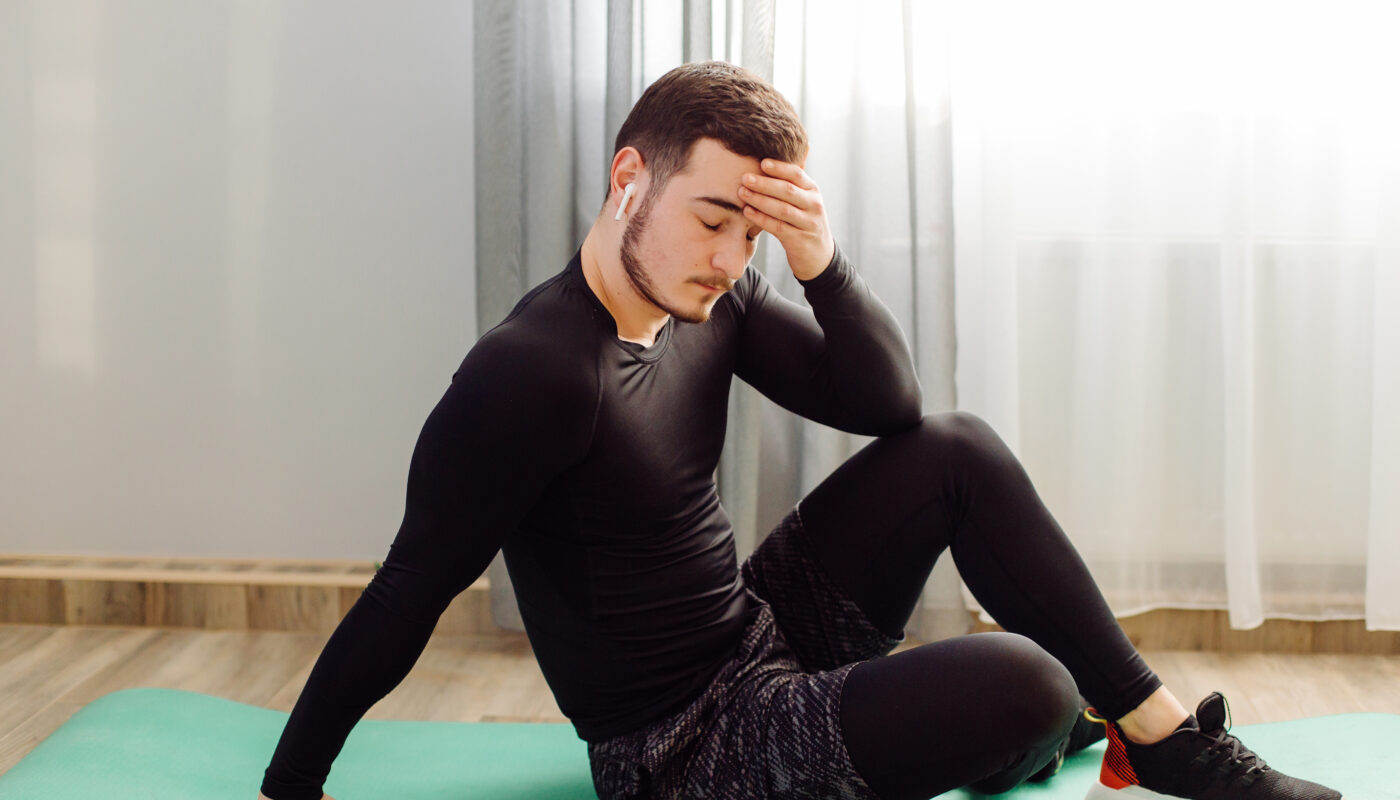In today’s fast-paced world, stress and anxiety have become all too common, affecting people of all ages. While the psychological impacts of stress are widely recognized, its physical manifestations often go unnoticed or are misunderstood. One such manifestation is muscle cramps. These sudden, involuntary contractions can be painful and debilitating, disrupting daily life. Understanding the connection between stress, anxiety, and muscle cramps is essential for managing this condition effectively.
The Science Behind Stress and Muscle Function
Stress triggers the body’s “fight or flight” response, a survival mechanism designed to protect against perceived threats. When the brain perceives danger, it signals the release of stress hormones like cortisol and adrenaline. These hormones prepare the body to react quickly by increasing heart rate, redirecting blood flow to essential muscles, and tightening muscle fibers.
While this response is helpful in acute situations, chronic stress can keep muscles in a state of tension for prolonged periods. This constant muscle tightness increases the risk of cramps, particularly in areas like the legs, back, and shoulders. Additionally, stress-induced hormonal imbalances can deplete essential nutrients, further contributing to muscle dysfunction.
Anxiety’s Role in Muscle Cramps
Anxiety exacerbates the physical effects of stress, often leading to hypervigilance and muscle overuse. People experiencing anxiety may unconsciously clench their muscles, especially in the jaw, neck, and shoulders. Over time, this repetitive tension can lead to cramping.
Moreover, anxiety can disrupt sleep patterns, reducing the body’s ability to repair and recover from daily wear and tear. Poor sleep quality affects muscle health, making individuals more prone to cramps and other musculoskeletal issues.
Stress, Dehydration, and Electrolyte Imbalance
Stress doesn’t only affect muscle tension; it also impacts hydration and electrolyte balance. When the body is under stress, it produces more urine, potentially leading to dehydration. Additionally, stress can suppress appetite, resulting in reduced intake of essential nutrients like potassium, magnesium, and calcium.
Electrolytes are vital for proper muscle function, as they regulate nerve signals and muscle contractions. A deficiency in these nutrients, combined with dehydration, creates a perfect storm for muscle cramps.
Common Areas Affected by Stress-Induced Cramps
Stress and anxiety-induced muscle cramps can occur anywhere in the body, but they most commonly affect:
- Neck and Shoulders: Chronic stress often leads to tension in these areas, causing stiffness and cramping.
- Legs and Calves: Prolonged sitting or standing, coupled with stress, can trigger leg cramps.
- Back: Stress-induced postural changes can strain the back muscles, resulting in cramps.
- Hands and Feet: Stress may cause people to clench their fists or toes, leading to cramps in these areas.
Managing Stress to Prevent Muscle Cramps
- Mindfulness and Relaxation Techniques
Practices like meditation, deep breathing, and yoga can help reduce stress levels and relax muscle tension. These techniques promote better oxygen flow to the muscles, improving overall function and reducing the likelihood of cramps. - Regular Physical Activity
Exercise is a natural stress reliever that helps release endorphins, the body’s feel-good hormones. Regular movement also prevents muscle stiffness and promotes better circulation, reducing the risk of cramps. - Hydration and Nutrition
Maintaining adequate hydration and consuming a balanced diet rich in electrolytes is crucial. Foods like bananas, spinach, almonds, and yogurt can replenish essential nutrients and support muscle health. - Adequate Sleep
Prioritizing quality sleep allows the body to repair and rejuvenate, reducing the physical toll of stress on muscles. Establishing a consistent bedtime routine and creating a calming sleep environment can help improve sleep quality. - Massage and Stretching
Gentle massages and stretching exercises can alleviate muscle tension and improve flexibility, preventing cramps. Regular stretching also enhances blood flow to the muscles, promoting recovery and relaxation.
When to Seek Medical Attention
While occasional stress-induced muscle cramps are normal, persistent or severe cramps may indicate an underlying condition. It’s important to consult a healthcare provider if:
- Cramps occur frequently or last for an extended period.
- They are accompanied by other symptoms like swelling, redness, or weakness.
- Lifestyle modifications and over-the-counter treatments don’t work.
Long-Term Strategies for Stress Management
To address the root cause of stress-induced muscle cramps, consider adopting long-term stress management strategies:
- Cognitive Behavioral Therapy (CBT)
CBT is a tried-and-true technique for handling stress and anxiety. It helps individuals identify negative thought patterns and replace them with healthier coping mechanisms. - Time Management
Poor time management can increase stress levels. Learning to prioritize tasks and set realistic goals can alleviate daily pressures. - Social Support
Sharing feelings with friends, family, or support groups can reduce stress and provide emotional relief. Social connections also offer practical solutions and encouragement during challenging times. - Professional Help
If stress and anxiety are overwhelming, seeking help from a therapist or counselor can provide tailored strategies for coping.
Conclusion
Stress and anxiety are more than just mental health challenges; they have profound effects on the body, including muscle cramps. By understanding the connection between stress, anxiety, and muscle function, individuals can take proactive steps to manage these symptoms. Through a combination of relaxation techniques, proper nutrition, regular exercise, and professional guidance, it is possible to reduce stress levels and prevent the physical discomfort associated with muscle cramps.
Overall well-being depends on taking care of one’s physical and mental health. Addressing stress effectively not only alleviates muscle cramps but also enhances quality of life, enabling individuals to face challenges with resilience and strength.



